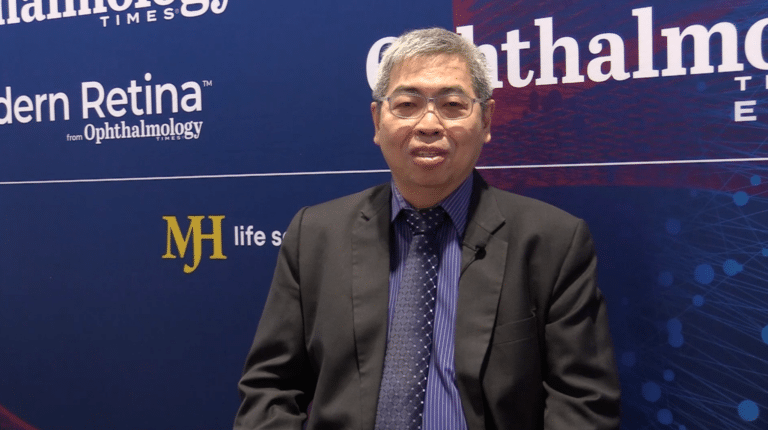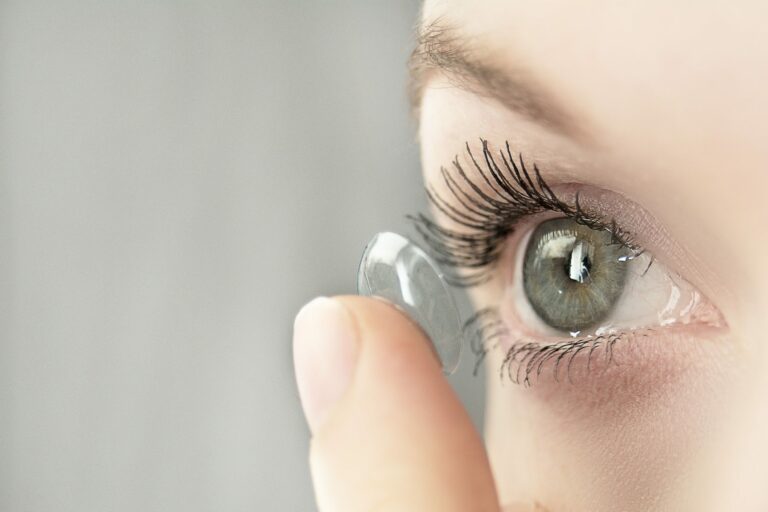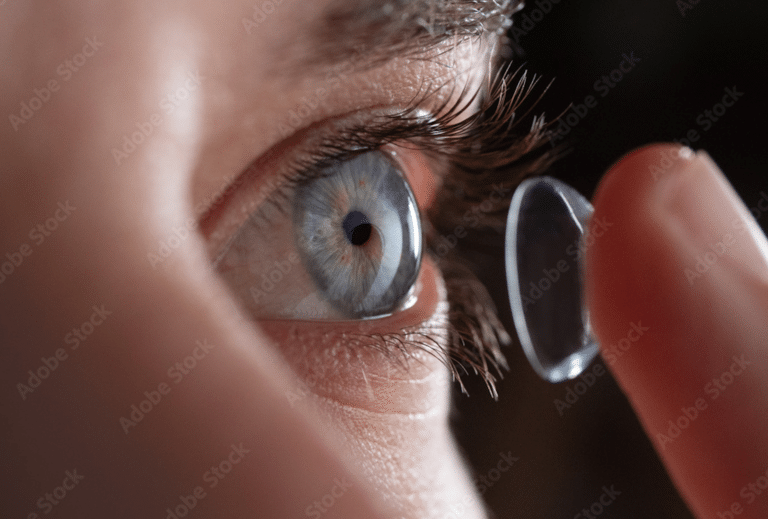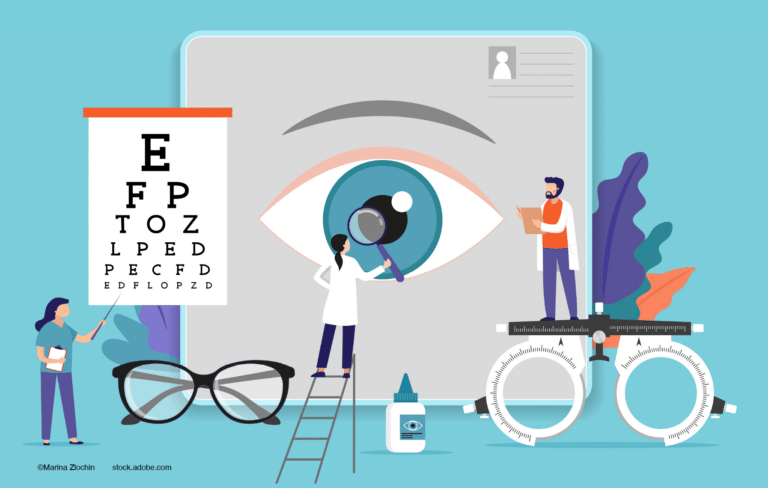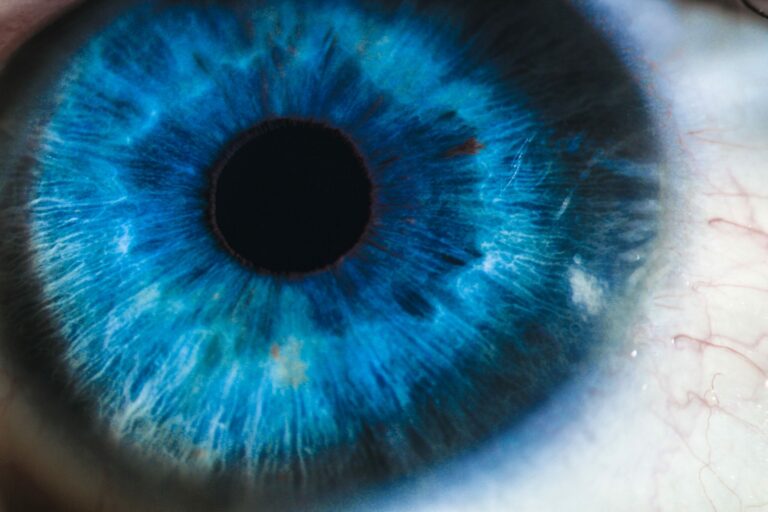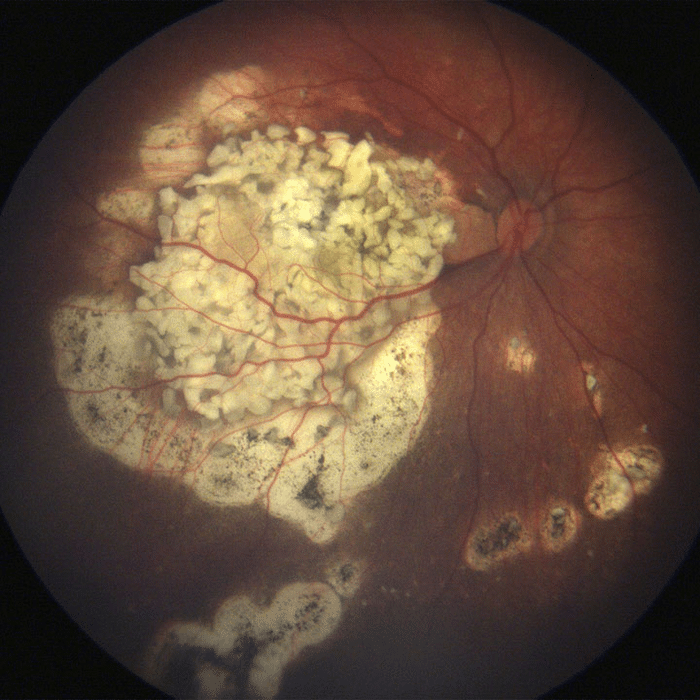Adaptive cataract surgery system streamlines procedure
[ad_1] Video transcript Note: This transcript has been lightly edited for clarity. Harvey Uy, MD, Peregrine Eye and Laser Institute: I’m Dr. Harvey Uy, from the Peregrine Eye and Laser Institute in the Philippines. I have been doing a femtosecond laser-assisted cataract surgery for a decade now. And it is wonderful technology, but it had some…
Read MoreOculis SA, European Biotech Acquisition Corp. announce business combination agreement
[ad_1] Oculis, SA and European Biotech Acquisition Corp. today announced they have entered into a definitive business combination agreement. According to a news release, upon closing of the transaction, the company will be named Oculis Holding SA and will work to accelerate the development of Oculis’s differentiated ophthalmology pipeline. The companies noted in the news…
Read MoreWoman loses eye after showering while wearing contact lenses and contracting parasite
[ad_1] After showering while wearing her contact lenses, a British woman contracted a persistent parasitic infection that ultimately led to the loss of her left eye. According to a BBC report, Marie Mason, 54, contracted Acanthamoeba keratitis. According to the Centers for Disease Control website, the infection is caused by a microscopic organism that infects…
Read MoreWhat Is Myopia?
Mild myopia is one of the most common eye disorders, and there are many options for correcting it. Because people with high myopia are at increased risk for developing cataracts, glaucoma, and myopic macular degeneration, managing myopia can help maintain eye health. Because increasing myopia leads to a higher risk of severe eye conditions, specifically…
Read MoreOphthalmologist removes 23 contact lenses from patient’s eye
[ad_1] A California ophthalmologist posted a video of a procedure she performed to remove 23 contact lenses from a woman’s eye, and the video has gone viral, with more than 1 million views. Katarina Kurteeva, MD, a cataract and refractive surgery specialist at California Eye Associates in Newport Beach, California, posted a clip on Instagram…
Read MoreCelebrating World Sight Day 2022
[ad_1] Led by the International Agency for the Prevention of Blindness (IAPB), the theme for this year’s World Sight Day on October 13 is #LoveYourEyes. Each year, the global awareness day expands in reach, and this year is no different. IAPB’s network of almost 200 members organizations are uniting and inspiring millions of people to help…
Read MoreHow Does Eye Vision Work?
Retina has rods (cells that help you see in low-light conditions) and cones (cells that detect colors). Your retina takes light the eyes are receiving and converts it to nerve signals so that your brain can make sense of what your eyes are seeing. Cells in your retina absorb and convert light to electrochemical impulses…
Read More3D map reveals DNA organization within human retina cells
[ad_1] National Eye Institute researchers mapped the organization of human retinal cell chromatin, the fibers that package 3 billion nucleotide-long DNA molecules into compact structures that fit into chromosomes within each cell’s nucleus. The resulting comprehensive gene regulatory network provides insights into regulation of gene expression in general, and in retinal function, in both rare…
Read MoreEye-opening discovery about adult brain’s ability to recover vision
[ad_1] A discovery about how some visually impaired adults could start to see offers a new vision of the brain’s possibilities. The finding that the adult brain has the potential to partially recover from inherited blindness comes from a collaboration between researchers in the University of California, Irvine School of Biological Sciences and the School…
Read MoreResearchers discover new molecular driver of retinoblastoma
[ad_1] Despite decades of medical advances, children who develop the pediatric eye cancer retinoblastoma often lose their vision or an eye due to a lack of specific, targeted therapies and a poor molecular understanding of the cancer. Now researchers at UT Southwestern and the University of Miami have discovered that a molecule – estrogen-related receptor…
Read More
